
Our approach to innovating operations
Working to deliver a more sustainable future
Our approach to sustainability focuses on three key ideas: reduce, replace, and revolutionize. We're focused on reducing emissions and waste, replacing older technologies and vehicles, and revolutionizing our fleets and facilities. This approach enables us to use our resources efficiently and responsibly.
See how we’re progressing toward sustainability in each of these key areas:
Taking responsibility
- Reducing fuel through FedEx® Fuel Sense
Reducing fuel through FedEx® Fuel Sense
- Replacing aircraft with more efficient planes
Replacing aircraft with more efficient planes
- Innovating with biofuels
Innovating with biofuels
Seeing results*
- Saved around 255 million gallons of fuel
Saved around 255 million gallons of fuel
- Avoided more than 2.38 million metric tons of CO2e emissions
Avoided more than 2.38 million metric tons of CO2e emissions
These results are the equivalent to one year of greenhouse gas emissions from 516,976 passenger vehicles.
Innovation in action
Drone delivery pilot program soars
We’re experimenting with flying packages from point A to point B without emissions—or pilots.
Taking responsibility
Reducing miles driven and fuel used through:
- Best-practice driving behaviors
Best-practice driving behaviors
- Electric-vehicle adoption
Electric-vehicle adoption
- Autonomous vehicles and robots
Autonomous vehicles and robots
- Intermodal rail use
Intermodal rail use
- Mobile command centers
Mobile command centers
- Optimized routes
Optimized routes
- Advocating for clean technology
Advocating for clean technology
Seeing results*
- Saved 53.2 million gallons of fuel
Saved 53.2 million gallons of fuel
- Avoided 548,076 metric tons of CO2e emissions
Avoided 548,076 metric tons of CO2e emissions
- Deployed 4,091 electric and alt-fuel vehicles
Deployed 4,091 electric and alt-fuel vehicles
These results are the equivalent of a year of emissions from 119,196 passenger vehicles and a year of electricity emissions from 99,554 homes.
Innovation in action
E-bikes make revolutionary deliveries in Canada
E-bikes are a welcome sight in high-congestion areas of Toronto. Not only are they emissions free, but drivers are often able to deliver faster, thanks to bike networks and easy parking. Watch the video to see the bikes in action.
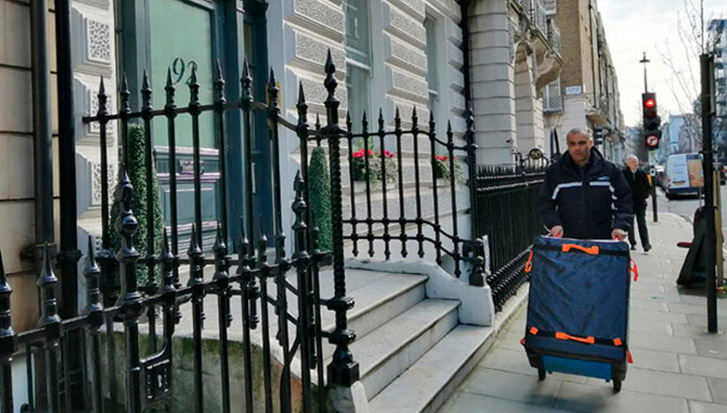


Innovating to shrink our footprint
Cities across Europe are enacting new transportation rules and regulations to combat air pollution. Learn how we are responding with eco-friendly delivery options, like e-bikes and specialized hand carts.
Taking responsibility
- Designing and constructing facilities for efficiency
Designing and constructing facilities for efficiency
- Upgrading lighting
Upgrading lighting
- Pursuing on-site renewable energy
Pursuing on-site renewable energy
Seeing results*
- On-site solar electricity generation:
- 26 solar facilities generated more than 24.5 million kilowatt hours of clean energy
On-site solar electricity generation:
- 26 solar facilities generated more than 24.5 million kilowatt hours of clean energy
This result is the equivalent of the carbon sequestered by 21,000+ acres of forest in one year.
- Lighting retrofits and energy management systems:
- Saved more than 238 million kilowatt hours of electricity in 2020
- Avoided 193,462 metric tons of CO2e emissions
Lighting retrofits and energy management systems:
- Saved more than 238 million kilowatt hours of electricity in 2020
- Avoided 193,462 metric tons of CO2e emissions
These results are the equivalent of avoiding the CO2e emissions from 35,000+ homes electricity use for one year.
Innovation in action
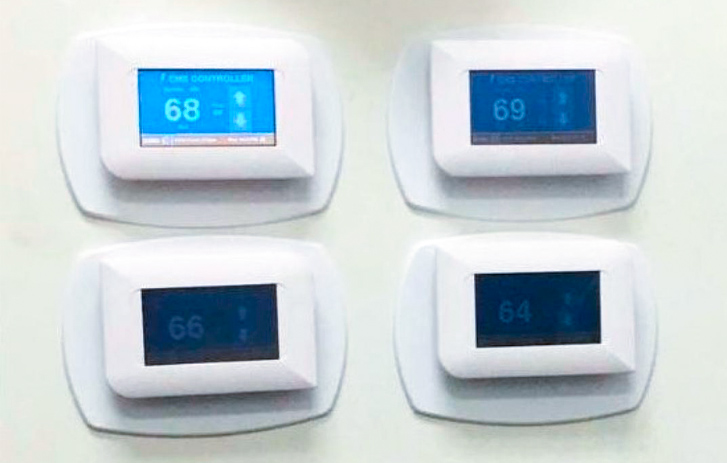


A new kind of climate control
See how FedEx Office saved 22 million kilowatt hours of energy in one year with an energy management system.
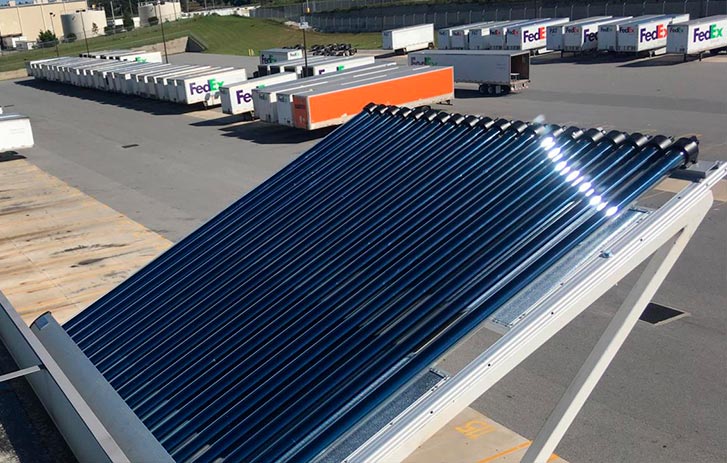


Keeping our cool
Learn about the Florida FedEx Ground facility that uses the light and heat of the sun to keep temps down.
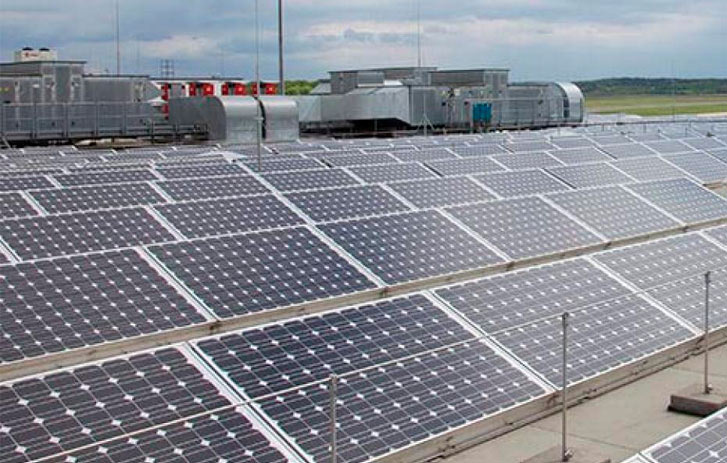


Saying aloha to solar power
Discover how we’re powering one FedEx Ground site in Maui with solar panels and batteries.
Taking responsibility
- Minimizing materials used in our packaging
Minimizing materials used in our packaging
- Working with customers to optimize packaging size and weight
Working with customers to optimize packaging size and weight
- Maximizing recycling to conserve resources and reduce waste
Maximizing recycling to conserve resources and reduce waste
Seeing results*
- FedEx-branded cardboard packaging is 100% recyclable and composed of 45% recycled content.
FedEx-branded cardboard packaging is 100% recyclable and composed of 45% recycled content.
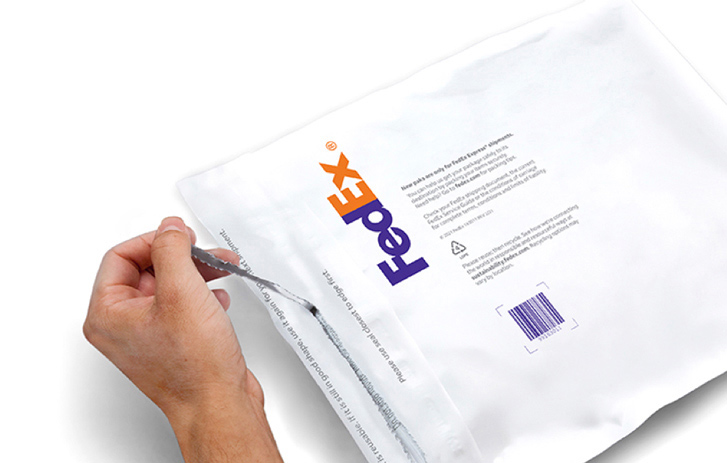


More paper and packaging facts
FedEx-branded packaging is:
- 80% third-party certified, which promotes responsible forest management, protects against deforestation, and supports biodiversity.
We choose certified paper.
- 99.8% of all paper purchased by FedEx Office during FY20 was third-party certified.
We actively recycle.
- 69% of the solid waste generated in our operations was sent to recyclers.
Innovation in action
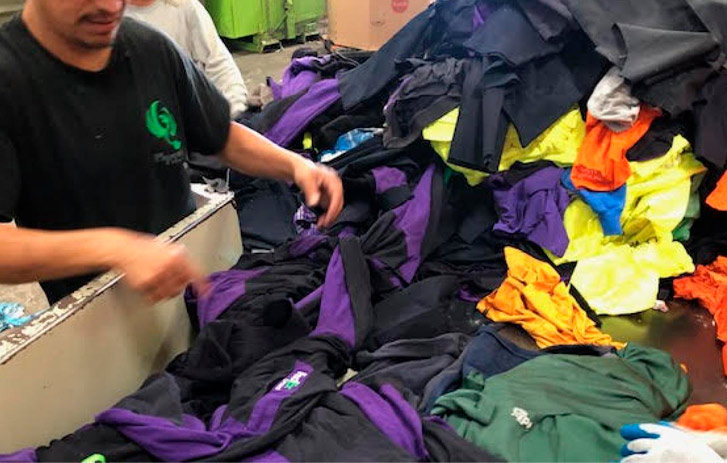


From worn to warm
Read about team members in São Paulo, Brazil, who worked with a local business to repurpose old uniforms into blankets.
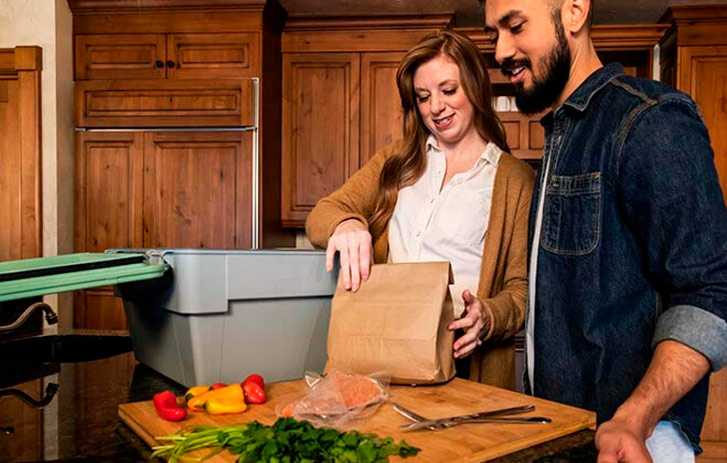


Packaging that makes—and takes—an impact
See how this retailer worked with the FedEx Packaging Lab to develop innovative wine packaging that’s protective and sustainable.
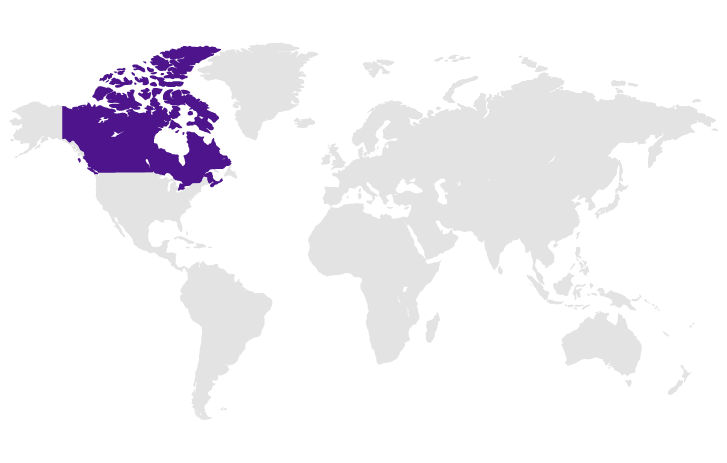


Canada
Making sure our drivers use “eco-driving” practices saves gas and reduces emissions, helping to protect the air we breathe. In Canada, our drivers are making a difference by accelerating slowly, easing off the gas before braking, and not idling. Read more about what we’re doing in Canada.
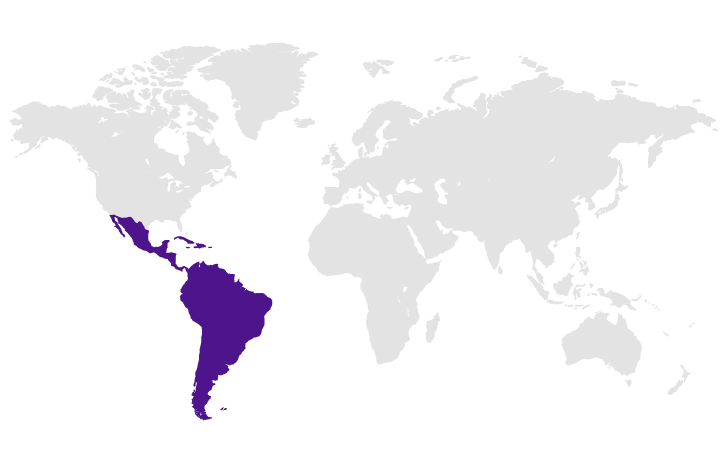


Latin America and Caribbean
Traffic can be bad in big cities, and trucks contribute to poor air quality. We’re using electric and alternative-fuel vehicles in Brazil and Chile, and we're upgrading our trailers, trucks, and tractors in Brazil for more fuel efficiency and lower emissions. See more details about other initiatives in Latin America and the Caribbean.
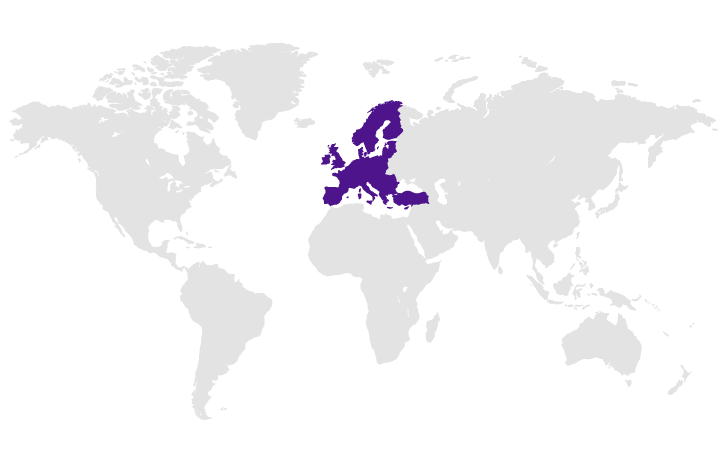


Europe
In Amsterdam, Frankfurt, London, Milan, Madrid, and Paris, we’re limiting our vehicles and emissions in busy city centers. Our newest approaches, like cargo bicycles, will help us improve congestion, limit impacts, and navigate narrow streets in up to 600 European cities. Find out about these and other environmental strategies in Europe.
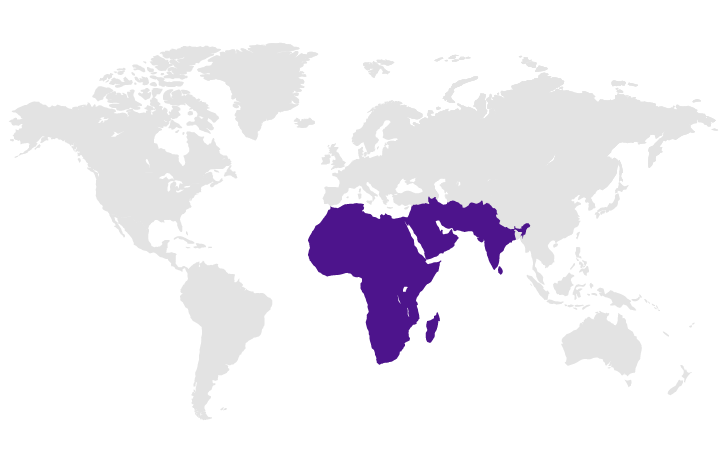


Middle East, India, and Africa
We design facilities to keep energy, water, and materials use to a minimum. Our FedEx Express India headquarters in Mumbai is LEED Gold certified. We have ISO 14001 certifications in nine countries. And we even have an on-site solar energy facility in South Africa. See what else we’re doing in the Middle East, India, and Africa.
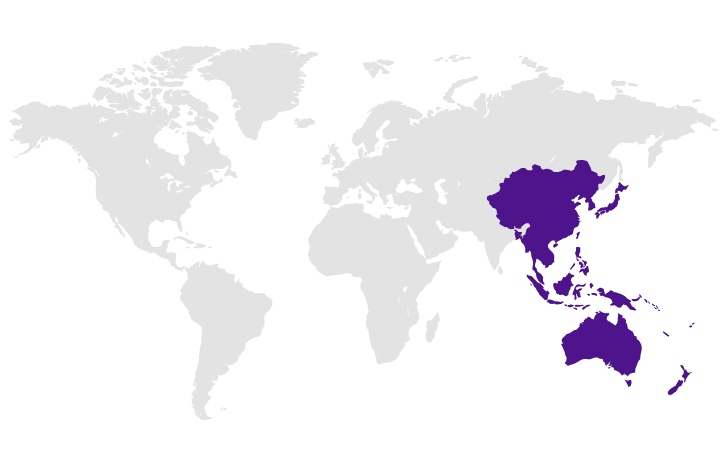


Asia Pacific
Our growing retail network in this area reduces impacts like emissions and traffic congestion. Plus, we’re using alternative fuels, deploying electric vehicles, and opening solar facilities to minimize environmental impacts throughout the more than 30 countries and territories in this region. Learn about other sustainability initiatives in the Asia Pacific region.
*Source: 2021 Environmental, Social, Governance Report (Unless otherwise noted, data covers each of our operating companies and all geographies in our 2020 fiscal year, which ended May 31, 2020.)